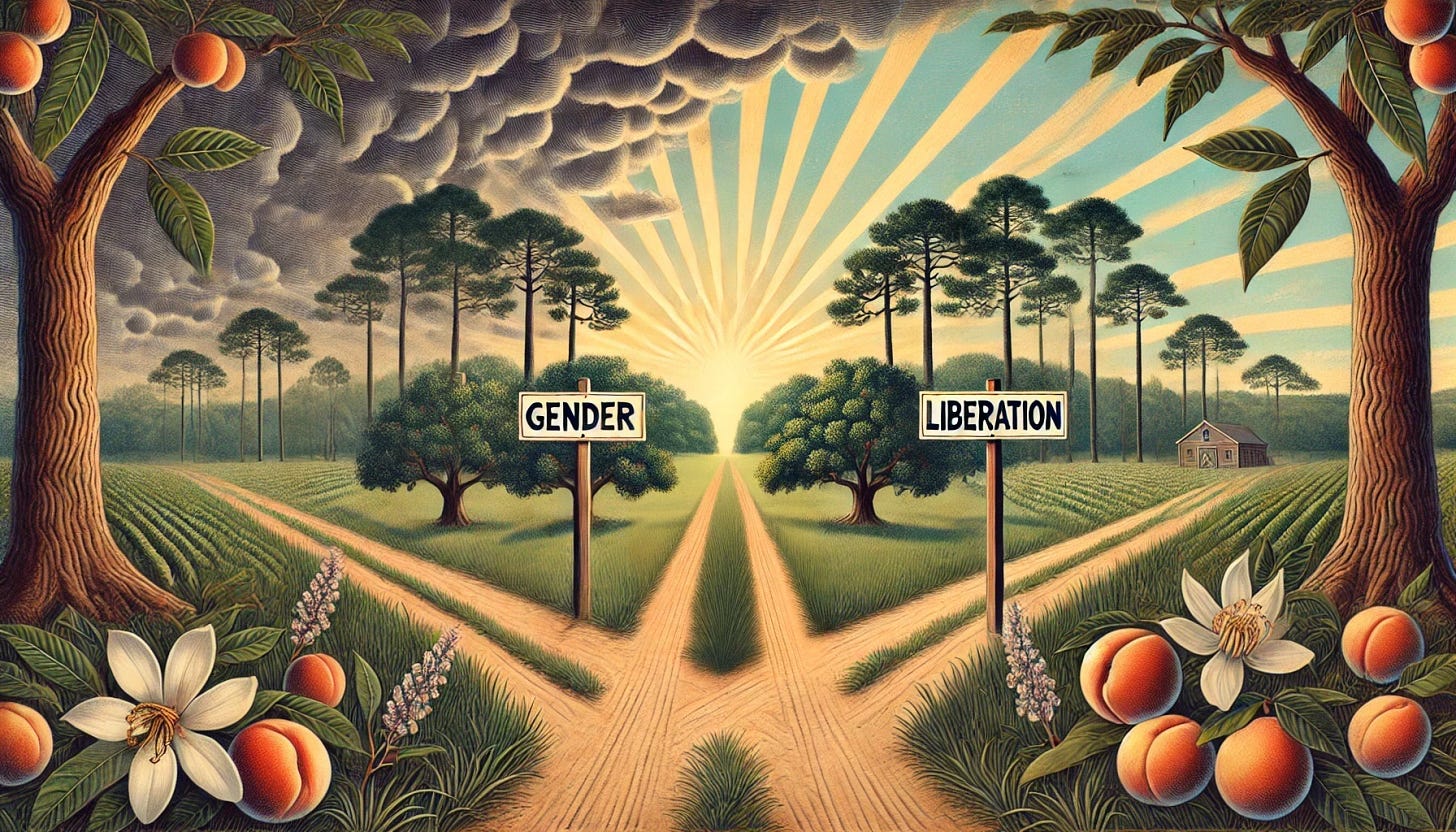From Compassion to Complicity: Reckoning with My Past in Gender Activism
Reconciling My Role in Promoting an Ideology That Targeted Vulnerable Girls
They say the road to hell is paved with good intentions, and I can’t help but agree. Sometimes, what we think is a compassionate choice ends up contributing to harm we didn’t foresee.
This past weekend, I attended WDI USA’s national convention, themed “Amplifying the Women’s Liberation Movement.” As Chief of Staff, a state contact, member of the Black Wo…




